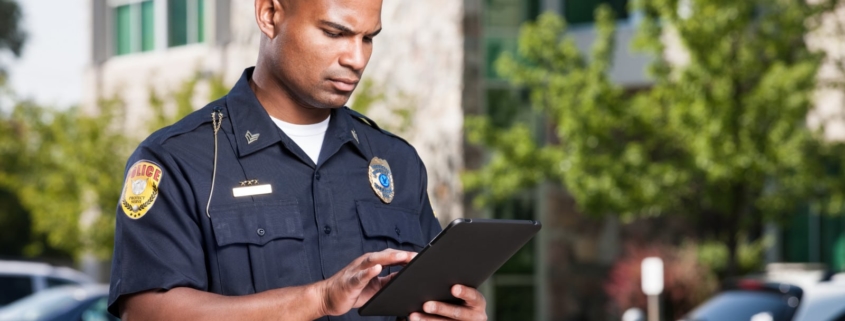What to Do If Your Car or Truck Accident Police Report is Incorrect
When you’re involved in a car or truck accident, evidence is crucial if you plan on pursuing a personal injury claim. Even if you plan on letting your own insurance company fight for you, evidence is essential. An incorrect police report can lead to an insurance ruling based on false information, making it hard for you to get the compensation you are entitled to.
Mistakes happen. Learn more about what to do if your police report has errors, and to discuss your car accident claim with our team, call Thiry & Caddell at 251-478-8880.
Analyzing the Police Report
It’s important to get the police report as soon as possible so you have a chance to go over it in detail. Depending on where you live, the police report could be available the next day or several days after the accident. Don’t be afraid to follow up with the police department multiple times to get your report.
As you go through the report, keep a notepad nearby to make notes. Check the basic details first—your name, address, car type, and other information. Note any errors. From there, you can go to their analysis of the accident and jot notes about any discrepancies between what you said and what they wrote.
Types of Errors in Police Reports
There are several types of errors that may show up in police reports. Common errors include:
- Personal information. A misspelled name, incorrect address, or wrong contact information is generally easy to fix. It is important to get these errors fixed, as a wrong phone number or insurance policy number could make it impossible for the other party’s insurance provider to contact yours.
- Description of damages. A thorough police report will likely have a description of damage to both vehicles. Check their description of damages against photos you took at the crime scene. If they understated any damage or failed to list some of the damage, that is something that should be corrected.
- Description of injuries (or no description). If you were injured in the crash, that should be noted in the police report. The officer may not have included a description of your injuries if you left the scene of the accident to seek medical care. Again, if injuries are left out or understated, you should ask to have that corrected.
- Analysis of a crash diagram. A crash diagram can show how the accident occurred and which party erred. At times, the police analysis of the diagram can be incorrect. Consider an accident in a roundabout. The party entering the roundabout did not yield to the driver on their left, who was already in the roundabout. They struck the driver in the roundabout on their right side. The police analysis says that the driver in the roundabout failed to yield to the party on the right, so the driver in the roundabout was in the wrong. This is an obviously incorrect analysis and would need to be corrected.
- Report of what you said and what the other party said. Everything you told the officer should be included in the report. If the officer misrepresented your words, you may want that to be corrected.
Reaching Out to the Police Department
After you have made a comprehensive list of mistakes in the police report, you can ask to have them fixed. Put your request in writing and contact the officer who wrote the report directly. You can tell them about the errors you found, ask to send a list over, and ask to have them corrected.
The officer may acquiesce, or they may say that they cannot change to the police report. This is generally untrue—they may not want to admit their error or spend extra time fixing the report. If you cannot get the officer to correct the report, go over their head. If you cannot get anyone to take you seriously, take your concerns to your attorney. They can advocate for you with the police department.
Choose Thiry & Caddell for Your Injury Claim
A car or truck accident can leave you with serious injuries and property damage. A personal injury claim can help you recover your financial losses. The team at Thiry & Caddell is dedicated to helping every victim fight for the compensation they are owed. Get started now by calling us at 251-478-8880 or contacting our team online.





Leave a Reply
Want to join the discussion?Feel free to contribute!